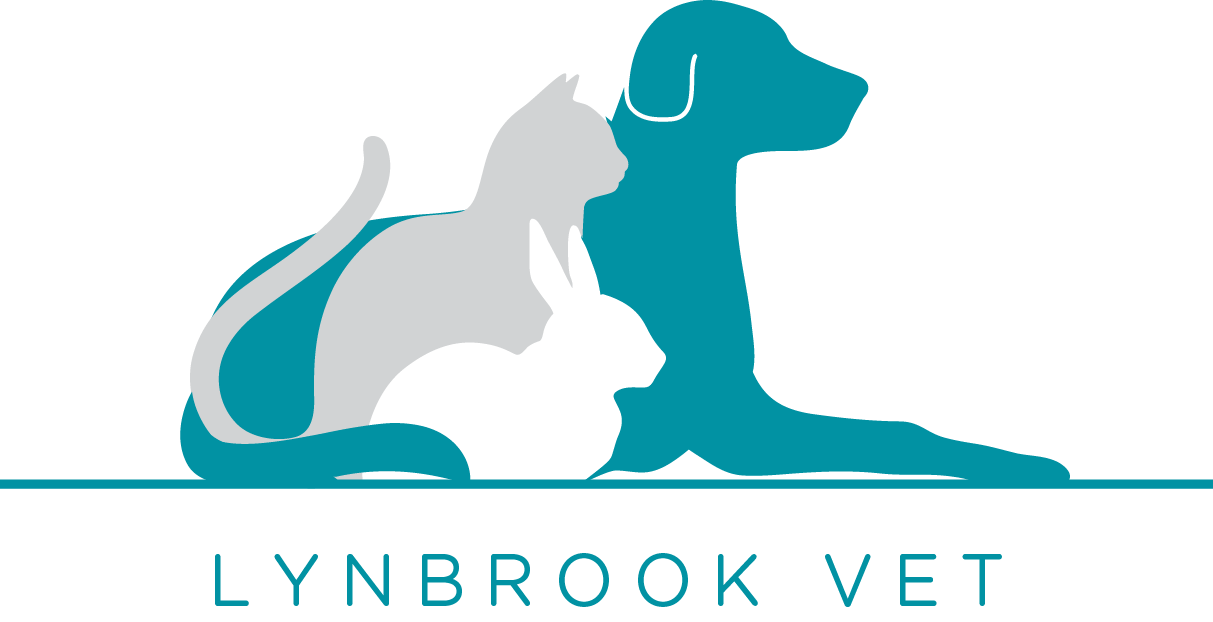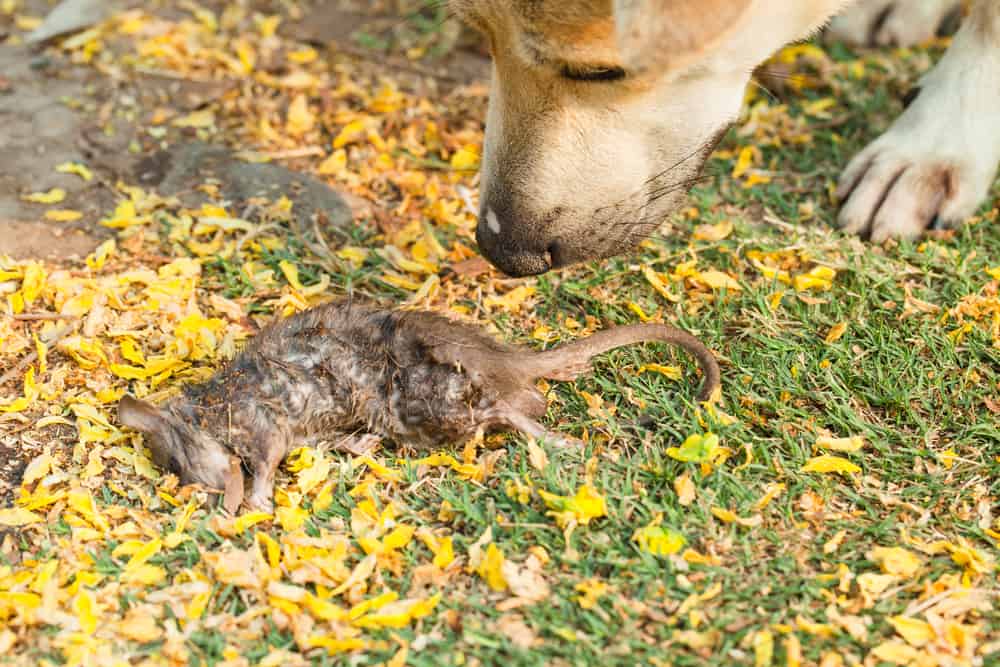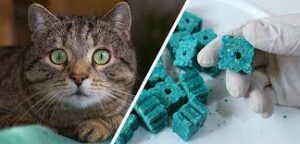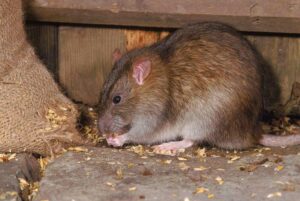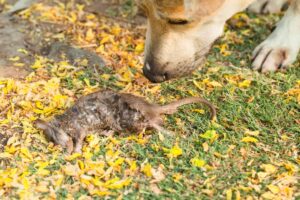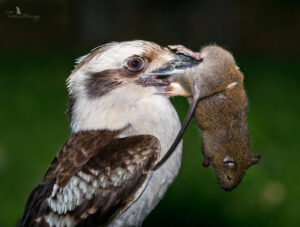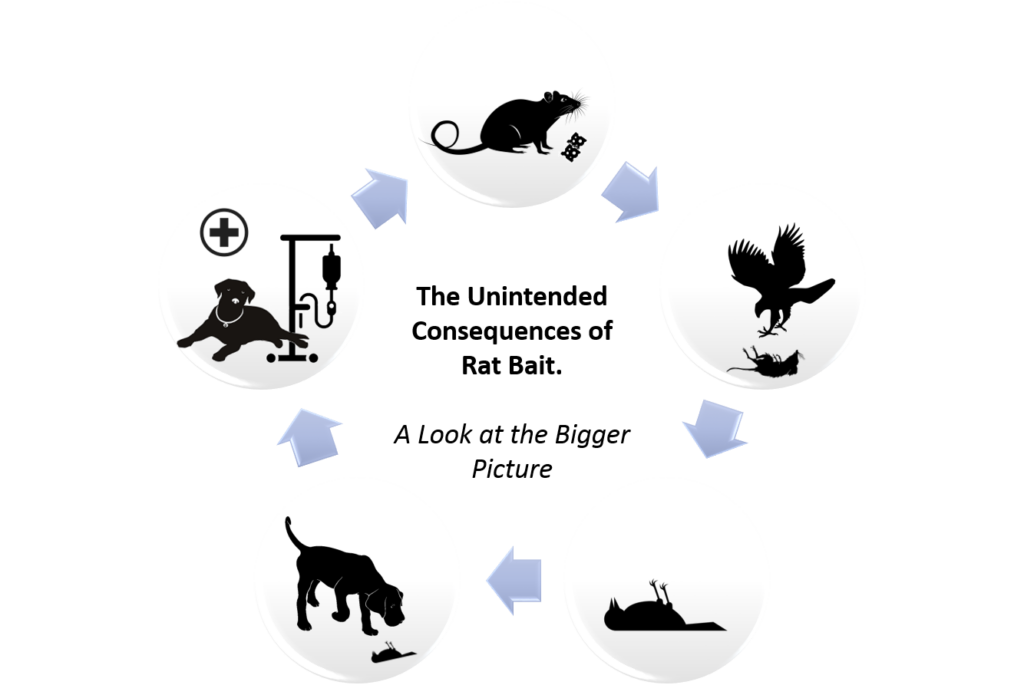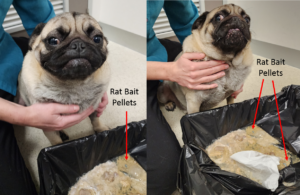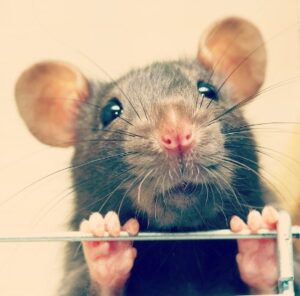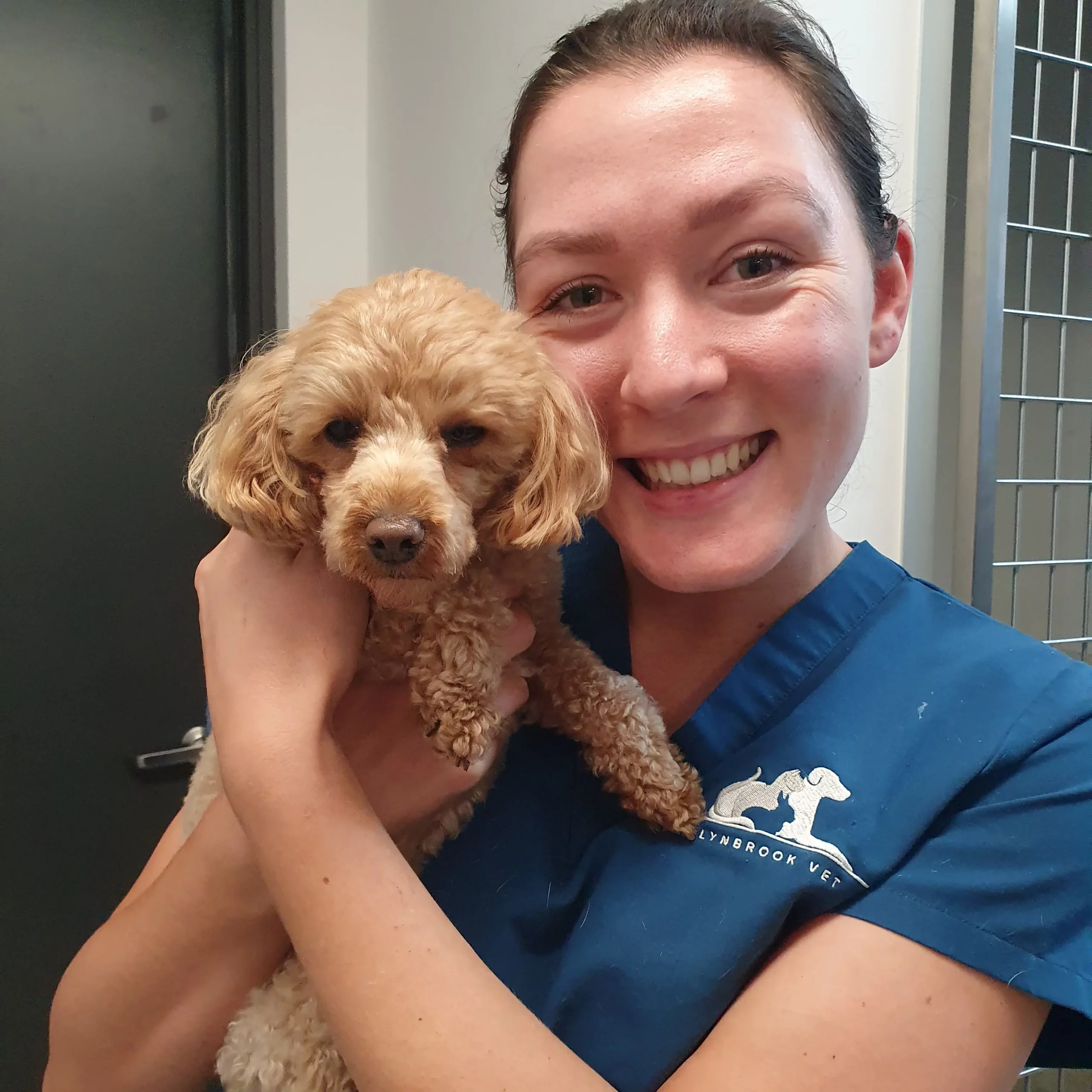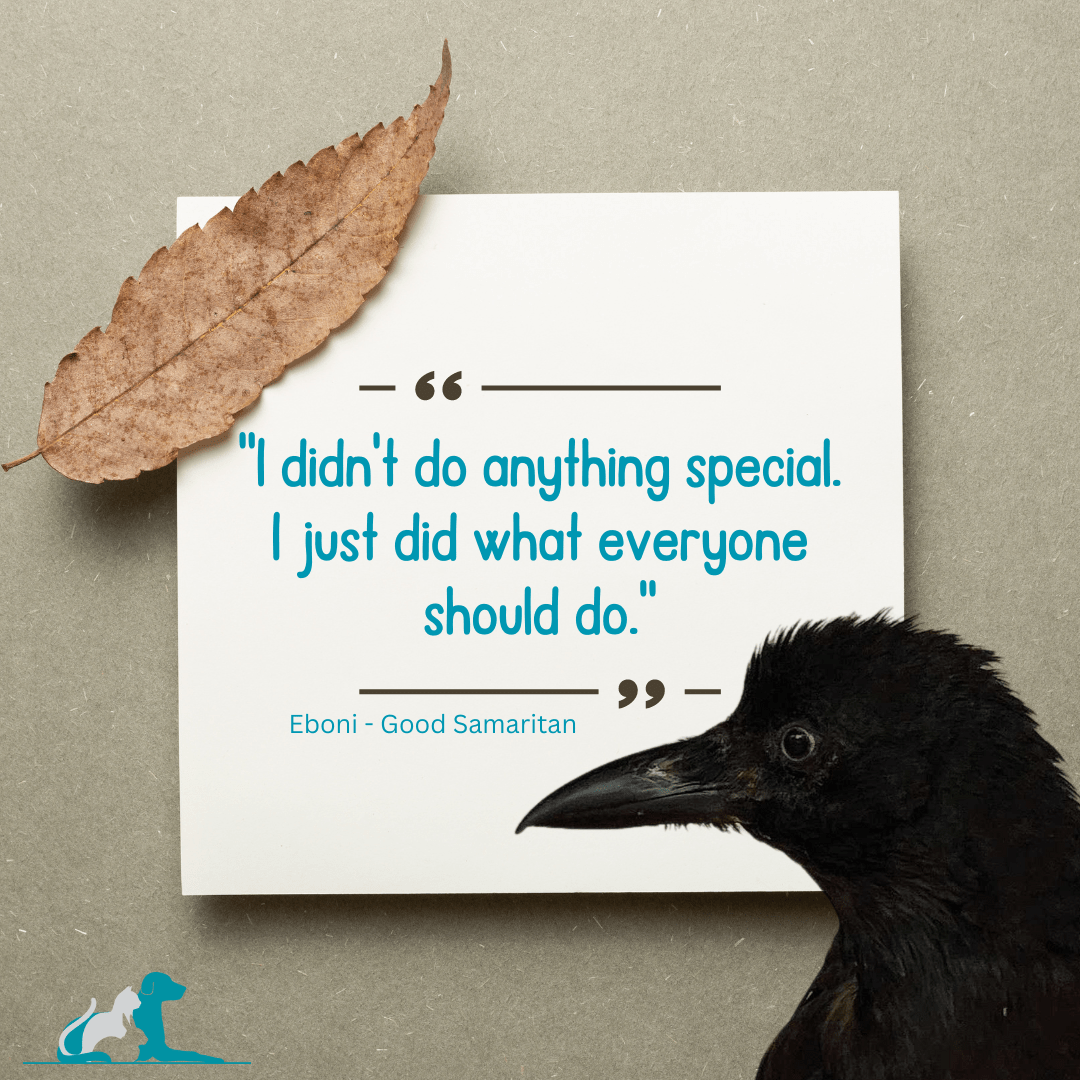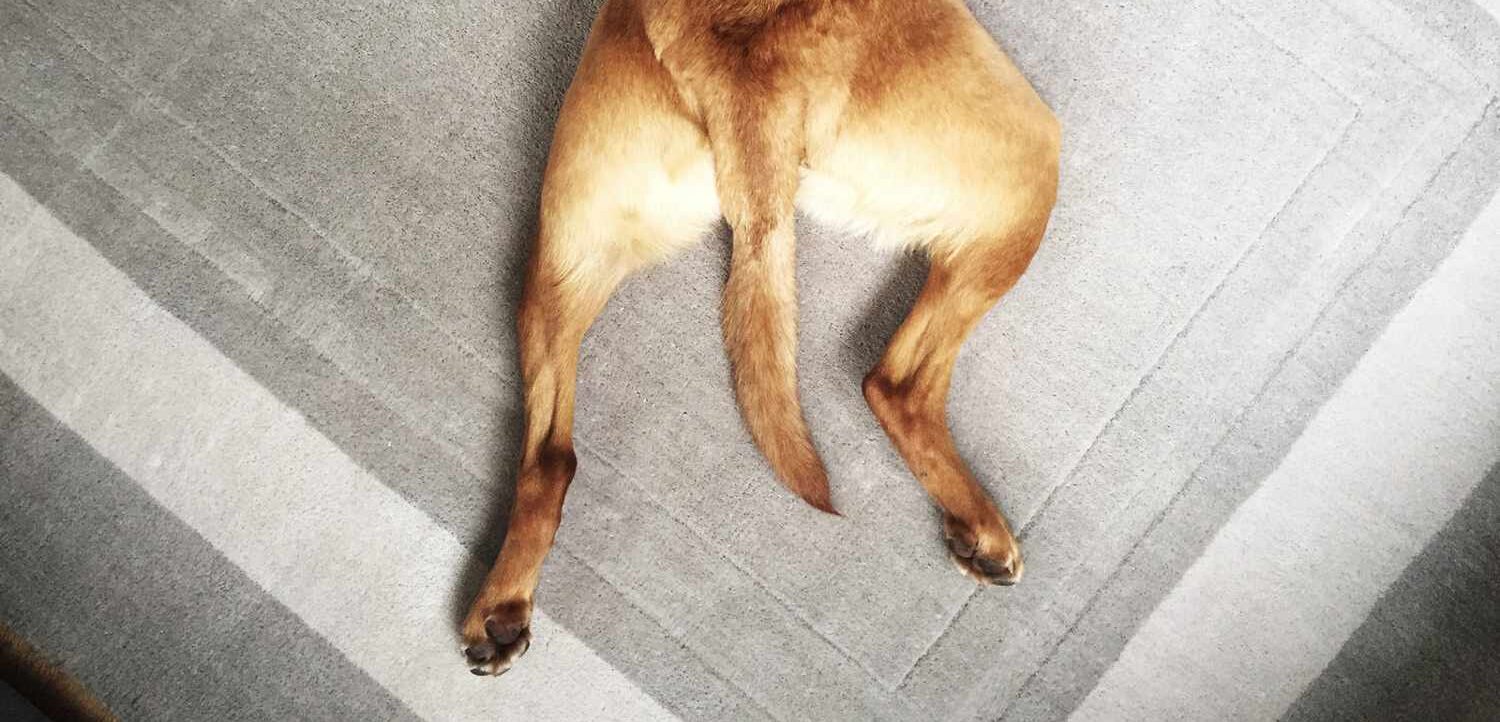If you’re thinking about using rat bait to control your rodent problem, it’s time to think again!
Here’s why using rat bait is a bad idea, and why your furry friends and local wildlife might not appreciate your efforts to clear your home of unwanted guests. . .
Rat bait is bad for ALL animals, not just rats and mice!
It contains chemicals that are designed to kill by interfering with the body’s blood-clotting process.
When any animal ingests rat bait, the anticoagulants in the bait lead to uncontrolled internal bleeding and, if not treated quickly ultimately leads to death.
Symptoms of Toxicity from Rat Bait in Pets
Symptoms of toxicity in dogs & cats vary depending on the type of bait ingested, the amount consumed, and the time elapsed since ingestion. Some common symptoms include:
- lethargy
- weakness
- vomiting
- diarrhea
- coughing
- difficulty breathing
- pale gums
- blood in the stool or urine
Some of these symptoms may not show up for up to 24- 48 hours so it is important to seek immediate veterinary care if you so much as suspect your pet may have ingested rat bait.
What you should do if your pet ingests Rat Bait
Prompt treatment can be life-saving!
Additionally, it is important to keep rat bait and other poisonous substances out of reach of pets to prevent accidental ingestion because you can’t watch your pets 24/7!
Wildlife and Rat Bait
Rat bait can be disastrous for our native wildlife! In particular, native raptors such as eagles, hawks, and owls, are often exposed to rat bait when they prey on rodents that have consumed the bait.
Like rodents, raptors also have a blood-clotting process, which can be affected by the anticoagulant chemicals found in rat bait. Raptors that consume rodents that have ingested rat bait can suffer from secondary toxicity and fall ill from internal bleeding, leading to anemia, weakness, and eventually death.
The cycle continues!!
Additionally, the ingestion of rat bait by raptors can also cause secondary poisoning again in other animals that then feed on the raptor’s carcass!! Argh! This is further spreading the harmful effects of the bait through the food chain.
The effects of rat bait on native raptors can have significant impacts on local ecosystems, as raptors play an important role in controlling rodent populations and maintaining the balance of ecosystems.
Treatment for Toxicity from Rat Bait
If you suspect that your cat or dog has ingested rat bait, it is important to seek immediate veterinary care. The same goes for wildlife. If you notice a native rodent, possum or bird on the ground and it’s approachable, it should be taken to the closest vet, immediately. The earlier the treatment is initiated, the better the chances of a successful outcome.
Here are some of the treatments that your veterinarian may recommend for your pet:
- Inducing vomiting: If the ingestion has occurred within a few hours, your veterinarian may induce vomiting to remove the poison from your pet’s stomach.
- Activated charcoal: Activated charcoal can help to absorb the toxin and prevent it from being absorbed into the bloodstream.
- Vitamin K therapy: Vitamin K is an antidote for rat bait poisoning and can help to reverse the effects of the toxin. Your veterinarian may administer vitamin K injections or oral supplements to your pet.
- Blood transfusions: In severe cases of rat bait poisoning, your pet may require a blood transfusion to replace the lost blood and restore normal clotting function.
- Hospitalization: Your veterinarian may recommend hospitalization for your pet to monitor their condition and provide supportive care, such as intravenous fluids, oxygen therapy, and medications to manage symptoms.
Pictured Above: This is Donny the pug (a frequent flyer here at Lynbrook Vet!). Donny’s Dad left him unattended for a few moments only to return and notice a rat bait had been nibbled on! Super suss!! Donny and his big sister, Maisie the Rottweiler, were rushed to the clinic and immediately made to vomit. Thankfully it was noticed so early that all the bait could be thrown up and both dogs are safe.
In conclusion, there are several reasons why you shouldn’t use rat bait around your home:
- It can harm non-target animals: Rat bait is designed to kill rodents, but it can also harm other animals that may accidentally ingest it, including pets, wildlife, and birds. This can lead to unintended deaths and cause ecological imbalances.
- It can pose a risk to children: Children are naturally curious and may accidentally come into contact with rat bait or ingest it, which can lead to serious health consequences. The chemicals in rat bait can be harmful if they are ingested or if they come into contact with the skin or eyes.
- It can contaminate the environment: Rat bait can contaminate soil, water, and vegetation, leading to long-term environmental damage. This can harm beneficial organisms in the ecosystem, such as plants, insects, and soil microbes.
- It may not be effective: Rodents can quickly develop resistance to rat bait, which can render it ineffective in controlling rodent populations. Additionally, using rat bait may only provide a short-term solution to a rodent problem, as it does not address the underlying causes of the infestation.
Instead of using rat bait, it is recommended to use alternative methods for controlling rodents, such as trapping or exclusion methods. These methods are generally safer, more effective, and have less impact on the environment.
If this article hasn’t convinced you and you do choose to use rat bait, it is important to use it in a responsible manner and to follow the instructions carefully to minimize the risk of harm to non-target animals and the environment.
If you’d like to book an appointment with an experienced vet or talk to a member of our Veterinary team, get in touch.
